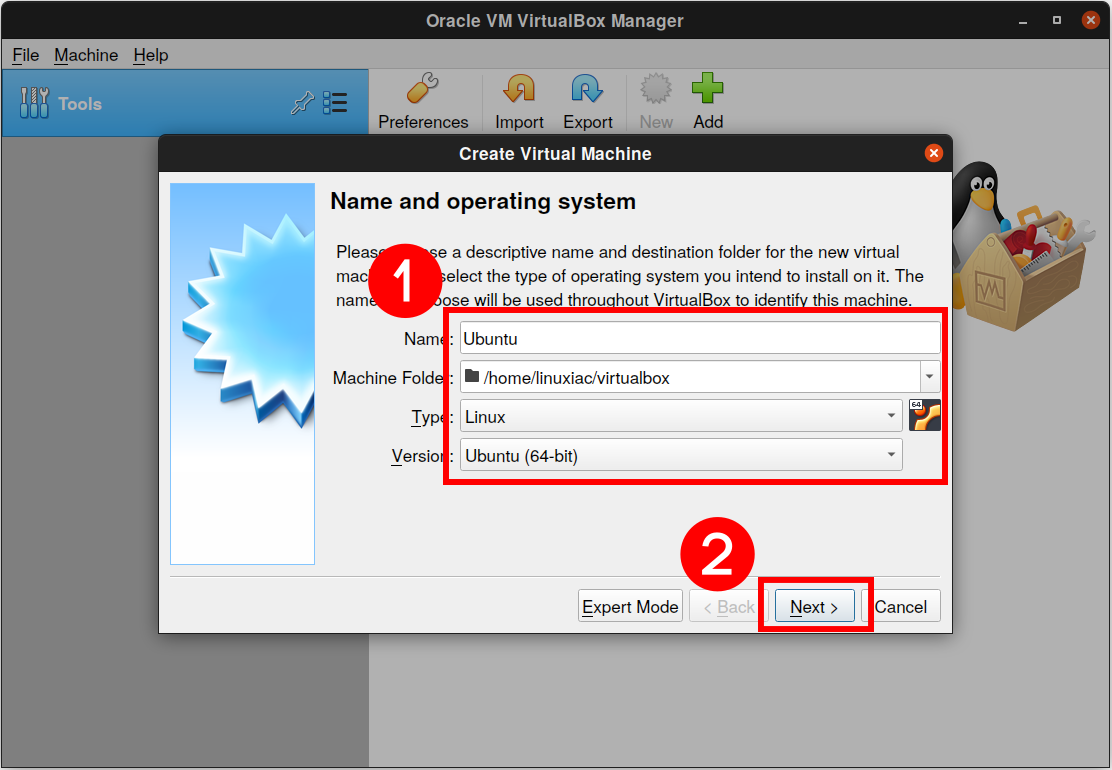

#UBUNTU ALLOCATE MORE DISK SPACE DRIVER#
* The supported features will vary for SSDs from other manufacturers as well as with Samsung OEM SSDs, which were pre-installed in client systems.įor more information about Magician, such as the system requirements and driver support, please refer to Magician Software Installation Guide at. These features help users to maximize the performance and lifetime of their SSD(s). In addition, Samsung Magician provides different features depending on the Samsung SSD model(s) in use, such as System Compatibility, Performance Benchmark, Performance Optimization, Over Provisioning, Secure Erase, and Data Security. Samsung Magician software is developed and distributed exclusively for owners of Samsung SSDs (Solid State Drives).
#UBUNTU ALLOCATE MORE DISK SPACE UPDATE#
Open Source Software and interoperability evangelist.Samsung Magician is designed to help users easily manage their Samsung SSD(s) and conveniently update the firmware as well as optimize their SSD(s) for performance and reliability. Verify $ df -hĪzure CLI snippets by: Kirpa Singh Michal Smereczynski's Picture Michal Smereczynski This operation can take a long time, so don't be nervous. Resize the filesystem $ sudo resize2fs /dev/sdaX If there will be some error, just ignore it - it's OK. To end accept the default end sector to use the entire disk. Next, enter the same value for starting sector from step where we have been printing an informations about partitions. Press 1 or 2 to create first or second partition (depends on which partition we deleted). Press n and next press p to create a primary partition. Now we are going to create a new partition. Press d and select the partition (if it’s only one partition, it will be selected automatically). Next step is to delete the partition (it will not delete Your data, it will only alter the partition table).

The most important information is the starting sector (e.g. Let's do some magic with partitions: $ sudo fdisk /dev/sda in Ubuntu it will be /dev/sda1 mounted on / but in CentOS it will be /dev/sda2 mounted on /). Depending on distribution it can be /dev/sda1 or /dev/sda2 (e.g. Login to Your Linux VM and check how many disks You have used and how much space You have: $ df -hĪs you can see the size of the system disk is about 30GB. Update-AzureRmVM –ResourceGroupName $rg -VM $vm $vm = Get-AzureRmVM -ResourceGroupName $rg -Name $vmName If You use Windows, You can do it with PowerShell: $rg = “ResourceGroupName” $ azure vm start -g resource-group -n vmname $ azure resource set -resource-group resource-group -name vmname -resource-type Microsoft.Compute/VirtualMachines -properties "" -o Remember that VM must be deallocated to do this.Ĭhanging disk size with Azure CLI is also possible, but a little bit "tricky" because You need to know the api-version, resource provider, parent resources if any to achieve this: $ azure vm deallocate -g resource-group -n vmname For standard storage it will have input where You can specify the desired size (1023GB max). For premium storage it will be field with 3 size options (128GB, 512GB, 1024GB).

For both standard and premium disk, in properties blade You will find the Size field. Go to Settings -> Disks and select Your VM's OS Disk. The simplest way to resize the disk itself is to do it via Azure Portal. You need to resize the disk, resize the partition and resize the filesystem. But sometimes You may wish to increase the size of the system disk and it does not matter if Your VM is running on standard or premium storage. It is also easy to add those disk as mount points in Linux VM. It's easy to attach new or existing disks in Azure Portal or Azure CLI. The default system disk size Linux VMs in Microsoft Azure is ~30GB. Menu Resizing a Linux VM system disk in Microsoft Azure 30 July 2016 on Microsoft Azure, Linux


 0 kommentar(er)
0 kommentar(er)
